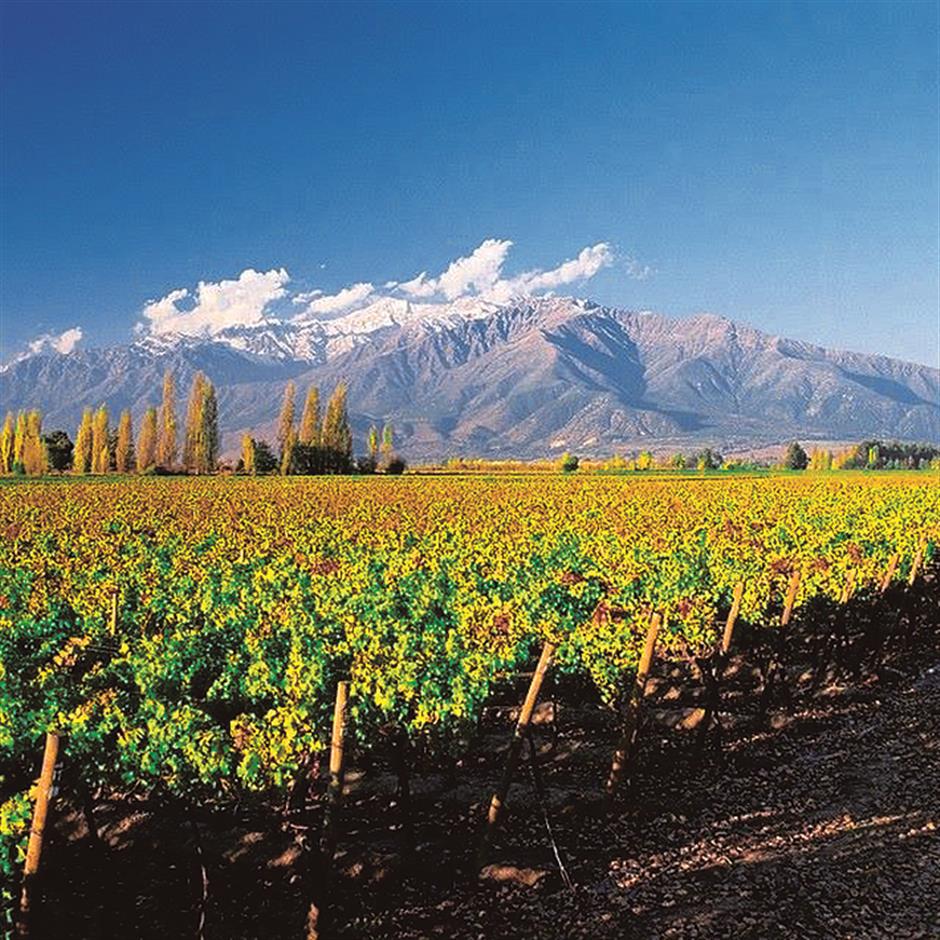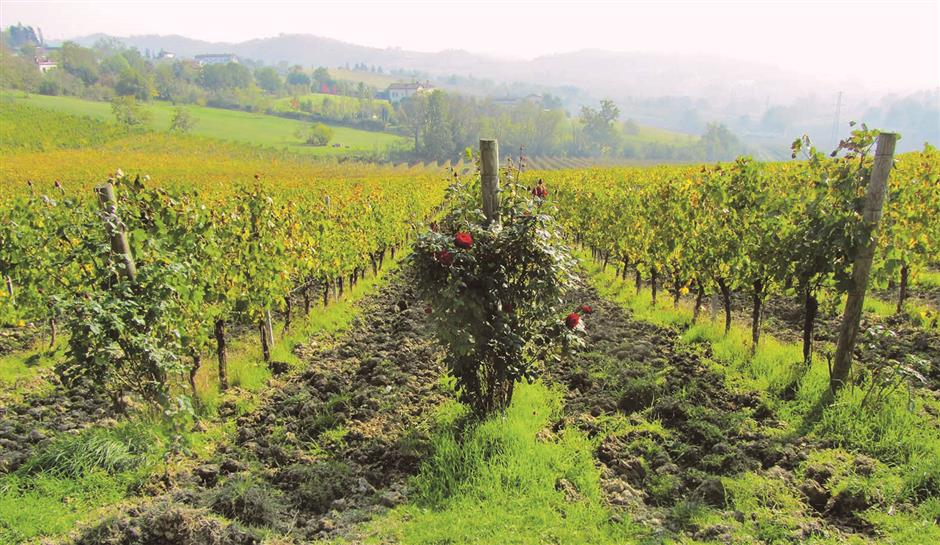Summary
Tired of the same old Cabernets, Merlots, Pinots and Chards? The longer one drinks and experiences the pleasures of wine, the more one desires something unique and distinctive.
When my fine friends at Shanghai Daily informed me today’s iDEAL feature story would be about Chinese wines and spirits, including the ancient zhuojiu rice wine, I started ruminating over historic wine cultures of the West. My mind appropriately and deliciously settled on the wines of Greece. Greek wines aren’t an ancient in tradition, they offer modern alternatives to globally popular varieties and wine styles.
Winemaking in Greece dates back an incredible 6,500 years and while Greece is not the oldest winemaking culture in the world, it was the first ancient civilization to spread the winemaking craft throughout the Mediterranean. The Greeks first introduced the vine to Italy in Sicily, Spain in Jerez and to France near Marseilles. Greek traders and settlers didn’t merely plant vines, they spread their sophisticated wine culture and helped foster the early development of many of Europe’s greatest wine regions.

Greek vineyards with manor house
Despite a glorious past, more recent times haven’t been as kind for Greek winemaking. Over most of the 20th century, only a small minority of Greek producers focused on quality, while the majority were happy to service domestic consumers with inexpensive and insipid wines. The retsina wine craze of the 1960s did further harm to the nation’s international wine reputation. International tourists visiting Greece came to associate this rather unfortunate style of white and rose wine that’s made using pine resin and often has turpentine qualities with Greek wines.
Long overdue positive changes started in 1971 and 1972 when a new appellation system was established and also in 1981 when Greece entered the European Union. Quality-minded Greek producers now had the incentives and investments necessary to make internationally competitive wines. The term “New Wines of Greece” is used to describe the increasing number of high-quality Greek wines. These wines combine modern winemaking and technology with ancient traditions and varieties as well as diverse terrior. The results are impressive.
The major viticultural areas can be divided into five zones consisting of Northern Greece, including Thrace, Macedonia and Epirus, central Greece and Attica, the Peloponnese and Ionian Islands, Crete and lastly the Aegean Islands. The climate and soils are varied so the existence of numerous varieties with their own distinct personality.
The most important white wine grapes are Assyrtiko, making fresh wines often with lively citrus fruit qualities and good acidity and the globally-known Muscat varietal which makes rich, dense and highly aromatic wines. The two best-known red wine varietals are Aghiorgitiko that are deeply colored and concentrated with friendly fruity qualities and Xiynomavro, a high-quality varietal used to make elegant, aromatic and age-worthy wines with rich red fruit flavors with structured tannins.
International varieties Chardonnay, Sauvignon Blanc, Cabernet Sauvignon, Merlot and Syrah are also popular with Greek winemakers. Some notable Greek producer with wines available in Shanghai are Harlaftis, Kir-Yianni, Oktana, Mediterra and Nemea.





